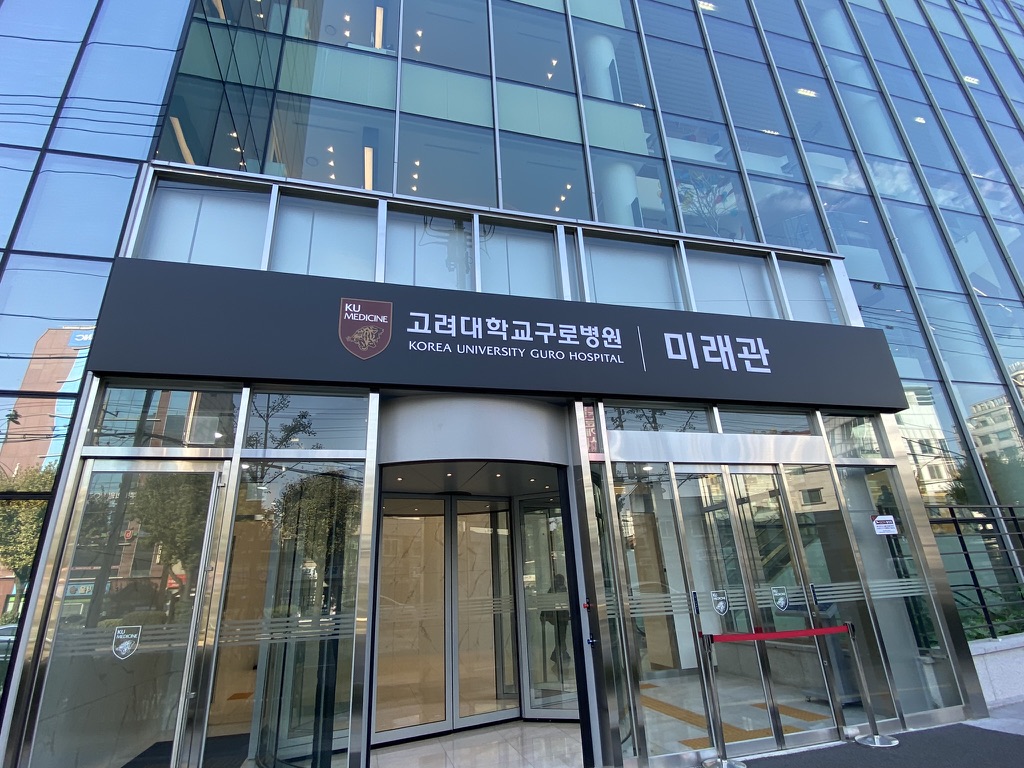South Korea, October 2022. Recognizing that zoonotic diseases are currently increasing and have become a threat to public health globally, Indonesia should have prevention measures in mitigating the spread all over its territory. The tropical environment that supports the movement of vector-borne zoonotic diseases is one thing to pay attention for. In Indonesia’s richly diverse rural environment, where primates, insect vectors and humans coexist, the potential for disease outbreaks and pathogen exchange is high but it is not predictable when they will occur. The lack of health planning information to monitor the occurrence of zoonoses, or potential risks, is one of the considerations for the role of higher education to assist the ministry of health. The exchange program for faculty member (lecturer) to South Korea is a form of commitment in terms of research and technology development in mitigating zoonotic diseases in Indonesia.
Strengthening capacity and developing human resources is an integral part of the research partnership and improving the quality of faculty member in the Department of Epidemiology and Tropical Diseases and in general for the Faculty of Public Health (FKM) and UNDIP. Muh Fauzi BPH., (M.S.)., PhD had the opportunity to take part in this program to Korea University, College of Medicine.
Korea University (KU) is one of the best universities in the world and the Department of Laboratory Medicine at the College of Medicine – KU has a professor who is developing a mosquito vector infectious disease diagnostic tools led by Prof. Lim Chae-Seung. This program took place from 3-28 October 2022 and resulted in the initiation of a collaborative program between FKM – UNDIP, College of Medicine – KU and also College of Medicine – KNU (Kangwon National University). This collaboration program will be followed by the signing of a Letter of Intent (LoI) or Memorandum of Understanding (MoU) in February 2023. Muh Fauzi BPH., (M.S.), PhD also had the opportunity to give a guest lecture, to be one of speakers at the International Malaria Research Symposium, and also visited biomedical companies in South Korea, BODITECH.

Muh Fauzi BPH., (M.S)., PhD visited the Lab of Internal Medicine led by Prof. Lim Chae-Seung, Korea University.

Muh Fauzi BPH., (M.S)., PhD, when giving a lecture to the students at the College of Medicine, Kangwon National University.

Muh Fauzi BPH., (M.S)., PhD, with other speakers and Kangwon Malaria Research Lab members at the International Malaria Research Symposium held by the Institute of Medical Sciences, KNU, 25 October 2022.

Muh Fauzi BPH., (M.S)., PhD visited the BODITECH, the biomedical company.

